21 Things™ You May Not Have Known About the Indian Act
The great aim of our legislation has been to do away with the tribal system and assimilate the Indian people in all respects with the other...
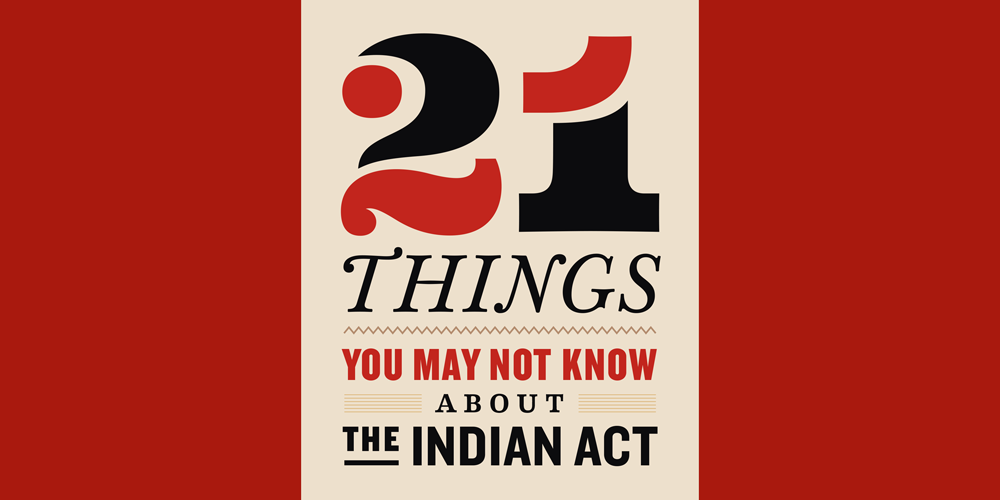
I want to reflect on how the social and political landscape of Canada is changing. It may not be as fast as some of us would like, or as all-encompassing, but it is happening.
I’m convinced partially because I am an Indigenous relations trainer and my training calendar is increasingly at capacity. The increase in demand for information about Indigenous Peoples started to pick up about five years ago and has increased sharply in the last 12 months. The people taking our training are from all walks of life. Some take the training for personal growth, as a pledge to reconciliation, while others are there because their corporate leaders or department heads want the team to have Indigenous relations training.
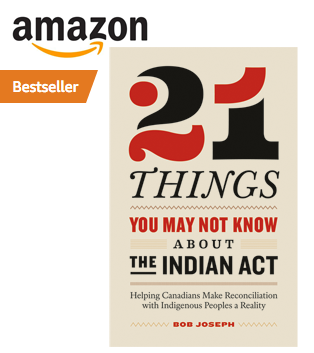 In addition to the considerable uptick in requests for our training, I am convinced there is a change happening due to the response to my recently published book, 21 Things™ You May Not Know About the Indian Act.
In addition to the considerable uptick in requests for our training, I am convinced there is a change happening due to the response to my recently published book, 21 Things™ You May Not Know About the Indian Act.
If I had said to my wife, Cindy, "I want to write a national bestseller on the Indian Act" she would have laughed politely and perhaps thought I was sleep-deprived. "Indian Act" and "bestseller" are just not two words that, as far as I can tell, have ever been together in a sentence, at least not a serious sentence.
Turns out they do belong together. Response to the book has been astounding. Within its first week it was on the Globe and Mail Bestseller list for Canadian Non-Fiction, rose to the top of Amazon.ca’s Native Literature list, and BC Bestsellers (moved up to #2 from #7) and was included in Indigo’s Top Ten New Non-Fiction Releases. Our distributor, Raincoast Books, has just requested a second print run. And, to add to the joy, the cover for the second print run was edited slightly to add “National Bestseller”. All that in a month!
The media response has been nothing short of amazing and includes newspapers, radio, and television interviews. It was quite a profound moment when, on a national television show with an audience of over 3 million viewers, I heard myself say “I am from a potlatch culture.” To make that statement on national television during an interview about a book describing the extreme efforts of the founding fathers to crush my culture and assimilate Indigenous People is indicative of how far we’ve come.
If you are interested in reading, listening, or watching any of the interviews, pop over to our Press page.
Following each interview, the chatter on social media increased. People were thanking the television hosts for having such an important topic discussed on their show. We also saw more than a few people say they had no idea such an archaic and horrific piece of legislature is part of Canada’s history.
It’s that reaction that we all find so very rewarding. People are grateful for the opportunity to learn about the historical and ongoing impact of the Indian Act. That would not have been the case just five years ago. And yes, timing is certainly on our side as the federal government begins to marshall itself for negotiations around dismantling the Act.
Julie, our editor and social media manager, was invited to talk about the book at a book club that two of her sisters-in-law belong to. The Happy Bookers (retired teachers and nurses), with 10 members in Port Alberni, Parksville/Qualicum and Sidney had taken Indigenous Writing as the theme of a recent reading retreat. They wanted to extend what they had learned and discussed with information about the Indian Act because as students, and later as teachers, they had neither learned about nor taught the Indian Act. It just wasn’t in the curriculum. They peppered Julie with questions, said how much 21 Things™ had impacted them personally, and how the book had prompted discussions about the Indian Act and Indigenous Peoples with family and friends. These are people who are going to help change the world.
As I often say in reference to the Indian Act “if you don’t understand the problem, you can’t fix it.” The Indian Act is the problem. I wrote the book to help people understand its historical and ongoing impact. The example of one book club learning about the Act and sharing that information is the ripple effect that will contribute to and, I hope, sustain reconciliation.
A note about the interest and growth of Indigenous writers: on the BC Bestsellers May 5th list of the top 15 books, three authors were Indigenous and their books held four spots, including #1. Books by Indigenous authors are on almost every bestseller list. Each time a book by an Indigenous author garners recognition, it lifts up the works of all Indigenous authors. Change is happening.
I want to add that a book about the Indian Act would never be a bestseller if it hadn’t been for the behind the scenes expertise of the publishing team at Page Two Strategies Inc., the commitment of our distributor, Raincoast Books, to get the book onto bookshelves across the country, and the marketing strength of ZG Communications that got us the media attention. It’s been in turn fascinating, overwhelming, and emotional. But, ultimately it’s been immensely rewarding to see how many Canadians are actually interested in learning about the Indian Act.
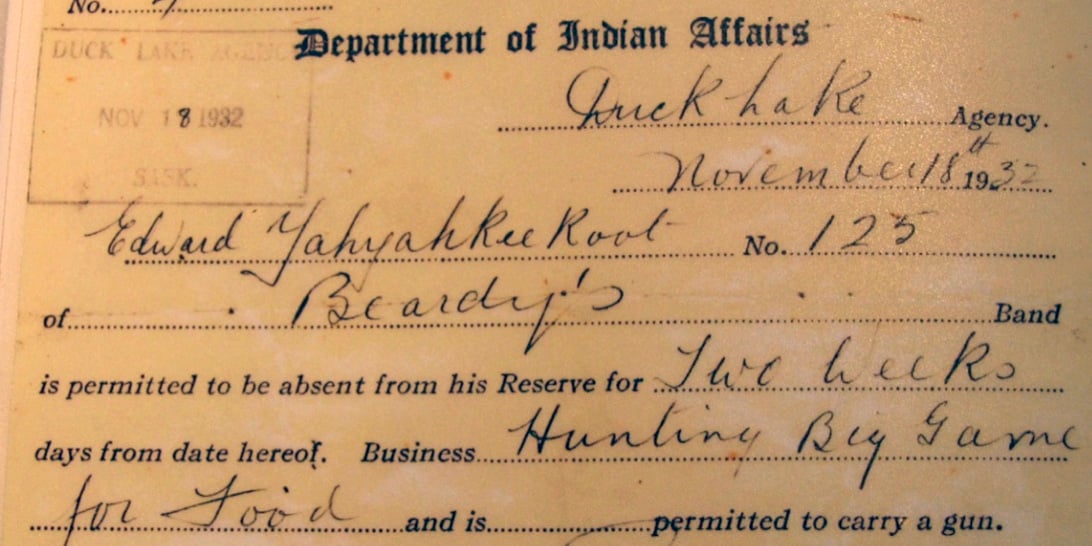
The great aim of our legislation has been to do away with the tribal system and assimilate the Indian people in all respects with the other...
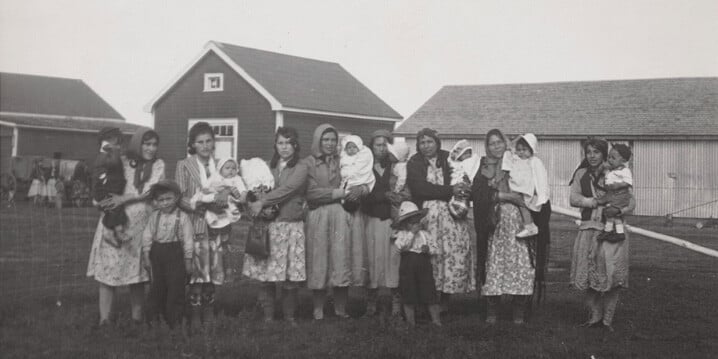
Indigenous nations enjoyed full autonomy over every aspect of their lives for millennia. But, that all began to change in 1867 with the introduction...
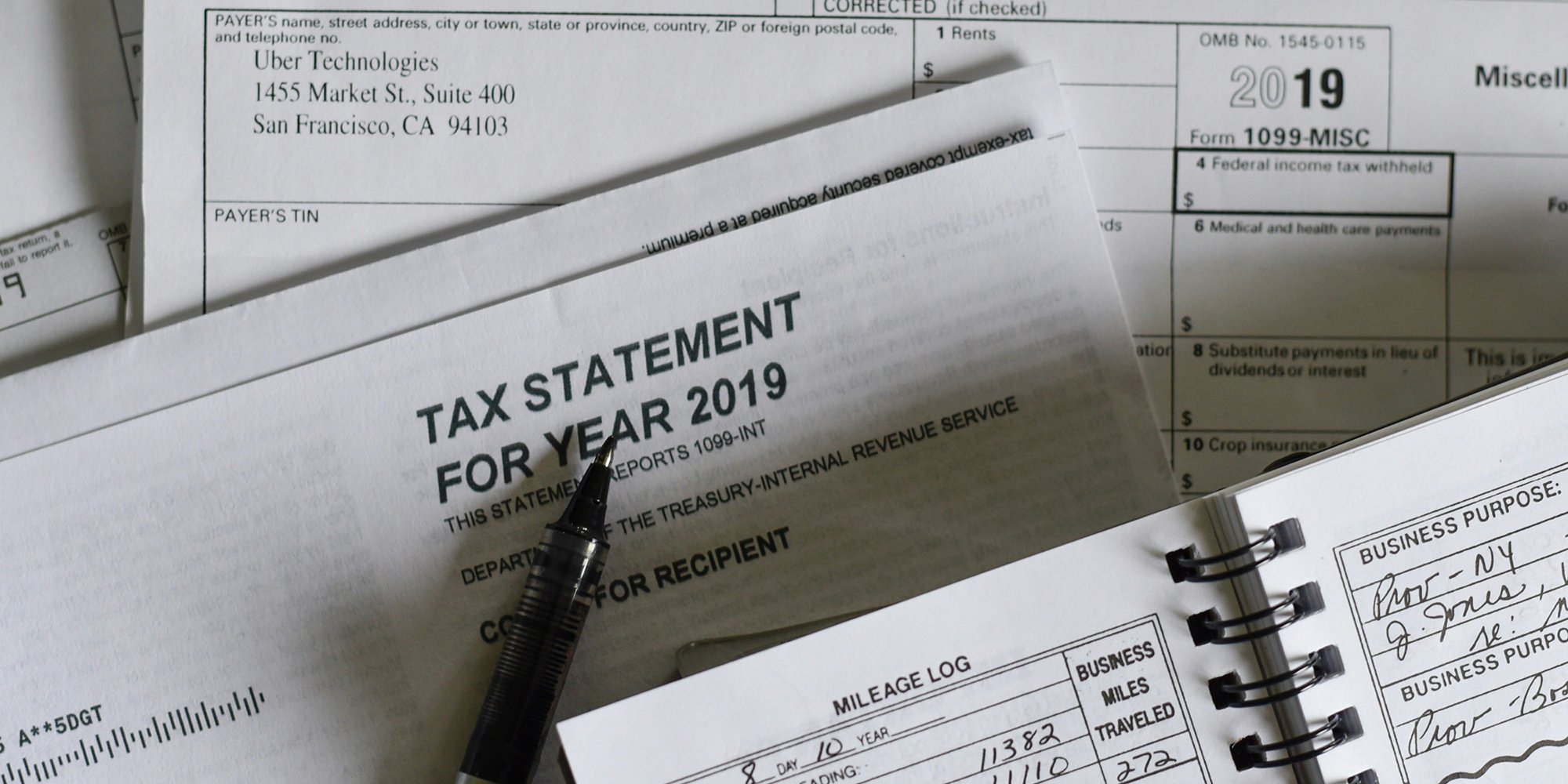
Every year when the calendar rolls over to tax time, the old refrain “Indians* don’t pay taxes” is trotted out by Canadians who truly believe the...